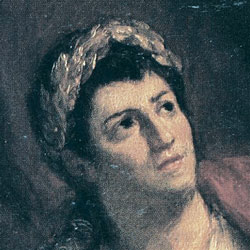 |
Name | Nero, emperor of Rome |
| Lived | 37–68 | |
| Social Circle | The Stoic philosopher Seneca and the poets Petronius and Lucan all enjoyed Nero’s patronage and friendship until around 65, when he forced each of them to commit suicide as punishment for various alleged acts of treason. | |
| Rumor Mill | Annoyed that his mother, Agrippina, opposed his plans to divorce his wife and remarry, Nero sabotaged her pleasure boat. Agrippina survived the shipwreck but, on reaching shore, was finished off by her son’s guards. | |
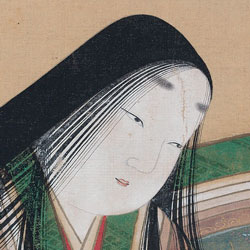 |
Name | Shoshi, empress of Japan |
| Lived | 988–1074 | |
| Social Circle | Hoping to assemble a retinue more impressive than that of Teishi, her rival co-empress, Shoshi recruited accomplished intellectuals, such as the writer Murasaki Shikibu and the historian Akazome Emon, to serve as her ladies-in-waiting. | |
| Rumor Mill | When Shoshi was twelve years old, her father, an ambitious courtier, sent her to the imperial harem. A year later the emperor elevated the girl to the position of empress after Shoshi’s father convinced him to take on a second official consort, against centuries of tradition. | |
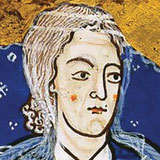 |
Name | Eleanor of Aquitaine, queen consort of France and England |
| Lived | c. 1122–1204 | |
| Social Circle | The granddaughter of a poet, Eleanor surrounded herself with artists, including the Provençal troubadour Bernard de Ventadour and André Le Chapelain, author of The Art of Courtly Love. | |
| Rumor Mill | “It was said by some,” noted a contemporary chronicle, that in 1173 Eleanor committed a “deplorable betrayal” of her second husband, Henry II, by plotting a coup with her sons. After being captured en route to France, presumably to appeal for amnesty at the court of Louis VII, her first husband, she was imprisoned for a decade. | |
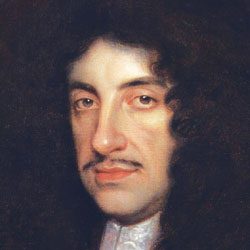 |
Name | Charles II, king of England |
| Lived | 1630–1685 | |
| Social Circle | Restored to the throne in 1660 after nine years in exile, Charles spent his time with a gaggle of libertine playwrights and actors, among them William Wycherley, Aphra Behn, Charles Sedley, and Nell Gwyn. | |
| Rumor Mill | Although Charles left no legitimate heirs, he produced at least fourteen children with various mistresses. “A king is supposed to be the father of his people,” quipped the courtier George Villiers, “and Charles certainly was father to a good many of them.” | |
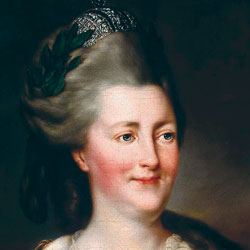 |
Name | Catherine the Great, empress of Russia |
| Lived | 1729–1796 | |
| Social Circle | An admirer of French culture, Catherine built friendships with Enlightenment thinkers, including Voltaire and Denis Diderot. | |
| Rumor Mill | Catherine was famously generous with her many lovers: she crowned one king of Poland and bestowed a fortune and four thousand serfs upon another as a parting gift. “You must agree,” wrote a French diplomat, “that it’s not a bad line of work to be in here.” | |
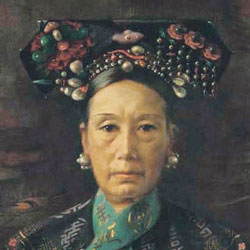 |
Name | Cixi, empress dowager of China |
| Lived | 1835–1908 | |
| Social Circle | After accepting Western help in quashing the Boxer Rebellion, Cixi cultivated friendships with American women, among them first daughter Alice Roosevelt, who visited in 1905, and the painter Katharine Carl, who lived at Cixi’s court for nine months. | |
| Rumor Mill | The day before Cixi died, her adopted son, the young and healthy Guangxu emperor, passed away suddenly. A century later a forensic examination proved the emperor had been poisoned with arsenic. Cixi is considered the prime suspect. | |